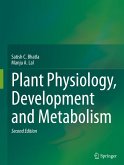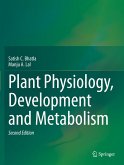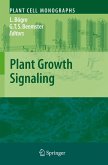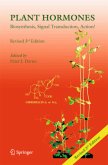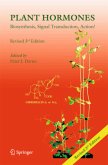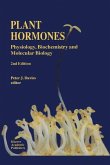To date, it is well documented that ethylene is a versatile signaling molecule that plays an important role in many physiological processes - like growth, senescence, fruit ripening, stress responses, symbioses, and photosynthesis. Molecular-genetic analyses have revealed mechanisms responsible for ethylene production, perception, and signal transduction. The present work brings into focus the recent developments on the biochemical, physiological, and molecular basis for ethylene action in plants.
The discovery of the plant hormone ethylene was stunning-ethylene is a simple gas! Our expanding knowledge of the multiplicity of ethylene's roles in plant development, physiology, and metabolism makes the study of this plant hormone increasingly compelling. Elucidation of the genetic regulation of ethylene biosynthesis, characterization of ethylene receptors and analysis of the pathway of ethylene signal transduction, coupled with the identifi- tion of components in the cascade and target genes, have provided insight into how this simple molecule can drive such a diversity of divergent processes. These scientific advances will lead to new technologies that will further enable researchers to harness the powers of ethylene for the benefit of agriculture. In Ethylene Action in Plants, classic and emerging roles of ethylene in plant developmental processes are integrated through recent advances ch- acterizing ethylene receptors, promoters and antagonists, and biological and environmental factors that mediate ethylene responses. The book's editor, Dr. Nafees Khan, Aligarh Muslim University, Aligarh, India, an expert on ethylene with an impressive number of publications on the interactions between ethylene, photosynthesis, and growth of Brassica spp, brought together a highly qualified group of international experts to provide state-- the-art information. To simply list the topics included does not do justice to the book's contents, as the articles are not just a compilation of the literature relevant to the topic.



